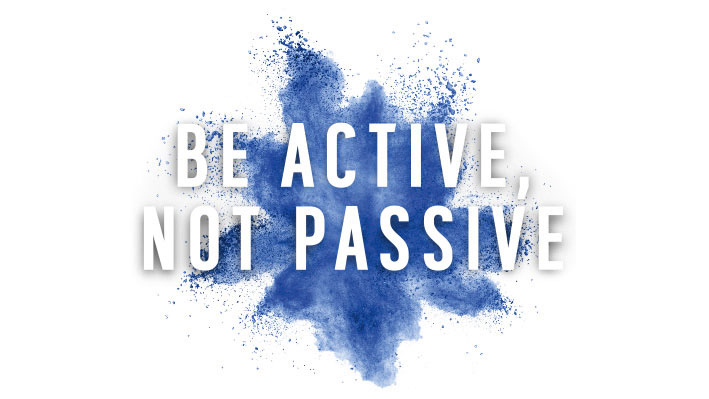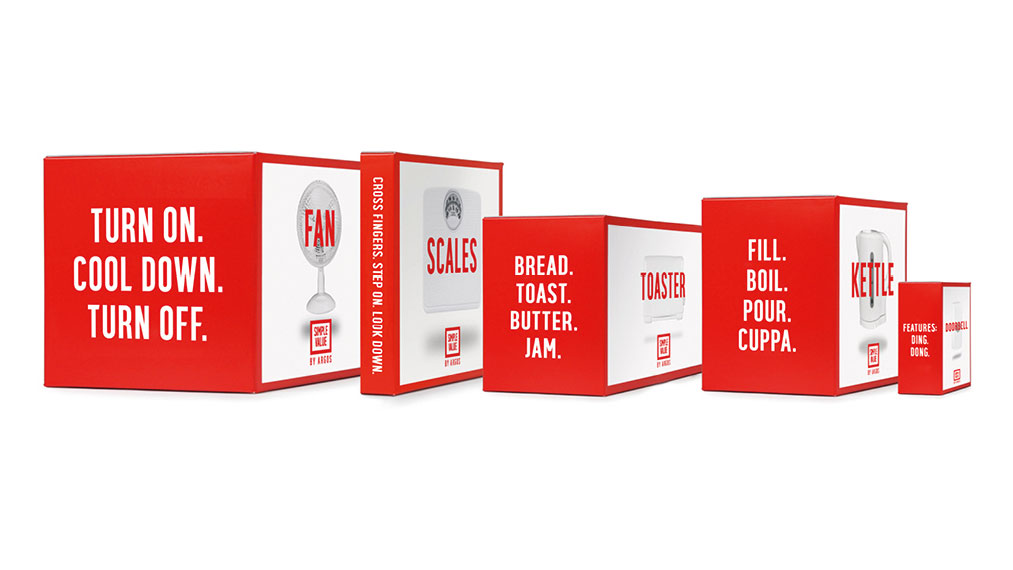Create the perfect brand voice
Find the right brand voice and put it into action with these eight pro tips.

As brands spread themselves across ever more channels, a consistent brand voice has become an essential 'red thread' running through campaigns and even more design agencies are waking up to the potential of copywriting.
In issue 267 of Computer Arts, Mike Reed – founder of London-based writing agency Reed Words – reveals the science behind this in-demand craft in an extended feature.
And if you'd like to hone your copywriting skills further, D&AD is running a half-day brand voice workshop with veteran copywriter Vikki Ross on 8 June, with places still available: more details here.
For now, read on for Mike Reed's eight pro tips for mastering brand voice...
01. Find your starting point

Most of the time you’re replacing, or evolving, an existing voice. Why? What’s it not doing? What work’s been done on the brand thus far? Review the existing comms. Asking lots of questions and understanding the context for the voice means you’re not starting with a blank sheet of paper, but a map.
02. It’s not just tone
How you speak is vital, but only half the story. A strong voice is also clear about what it’s saying. What are the central messages? Do they change for different audiences? Often, these answers also affect the tone – if we’re saying A, we should really sound more X.
03. Talk to your client
We’ve worked with clients where employees turn out to be exemplars of the desired voice. For a recent rebrand, a good deal of our inspiration came from two customer service reps. They built amazing relationships through their use of voice. One even reversed an assumption we’d made about the audience, unlocking a whole new dimension of the voice.
Daily design news, reviews, how-tos and more, as picked by the editors.
04. Make it true

For writers, each brand voice is a temporary project. For those charged with bringing it to life (the client), it’s more permanent. They need to want to use it. A voice should be an expression of what’s best and most distinctive in a brand – not just a smart way of using language. There’s no point foisting a voice on people who don’t identify with it.
05. Get practical
It’s not easy discussing this stuff in the abstract. Create some sample copy to kick about with the client. Nothing too long, but enough to inspire some meaningful, practical feedback. Say, 150-200 words.
06. Don’t be shy
A voice that sounds like all the others isn’t much use. Use the early stages of development to push the language. Not for the sake of it – you need to back up ideas with sound thinking. But show what’s possible. There are lots of safe conventions in branding, but look beyond them.
07. Stay practical
No one wants to look up the ‘rules’ every time they have an interaction. Keep guidelines short, focused and practical. Look for ways to capture their essence in memorable ways. On one global rebrand, we created a simple persona – The Engaging Expert – to sum up the whole voice. For another, we used three alliterative words: happy, helpful, human. These simple mnemonics help everyone keep their writing (and speaking) on track.
08. Stay in touch
One of the most frustrating aspects of voice is how quickly it slinks back to its old ways. Push to stay in touch with the brand as the voice beds in, and run regular reviews to see if it’s on track. That’s not always possible, but if a client’s investing in a whole new way of speaking, it seems crazy to be back to the old way a year later.
Enter your best branding to the Brand Impact Awards by 9 June
If you’ve already mastered the craft of branding, submit your best work to Computer Arts’ international awards scheme.
The Brand Impact Awards celebrate the very best branding work from all around the world. Deadline for 2017 entries is 9 June. Find out more at www.brandimpactawards.com.

Nick has worked with world-class agencies including Wolff Olins, Taxi Studio and Vault49 on brand storytelling, tone of voice and verbal strategy for global brands such as Virgin, TikTok, and Bite Back 2030. Nick launched the Brand Impact Awards in 2013 while editor of Computer Arts, and remains chair of judges. He's written for Creative Bloq on design and branding matters since the site's launch.
